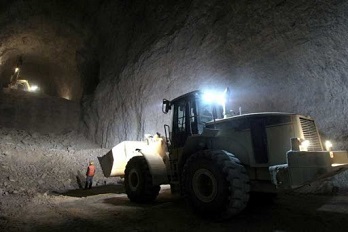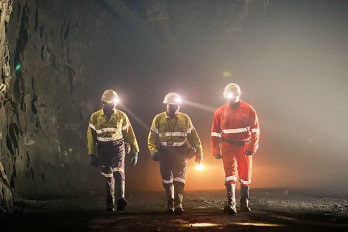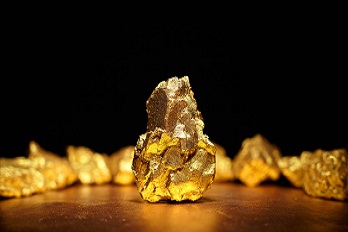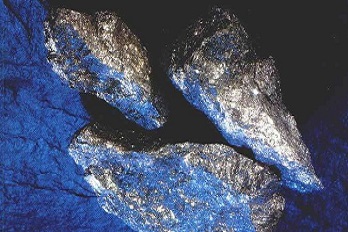National Coal Board

Company Location
Company Description
The NCB was one of a number of public corporations created by Clement Attlee post-war Labour government to run nationalised industries. The Coal Industry Nationalisation Act received the Royal Assent on 12 July 1946 and the NCB was formally constituted on 15 July, with Lord Hyndley as Chairman.The number of companies taken over by the Board was about two hundred, at a cost of £338 million. The headquarters of the Board were established in Hobart House, London. The board supplied free coal to its employees, giving rise to the myth that miners in Yorkshire kept coal in the bath instead of using it for ablutions.
The National Coal Board (NCB) was a British government-owned public corporation that was responsible for the nationalised coal mining industry in the United Kingdom from 1947 to 1987. It was created as part of the Coal Industry Nationalisation Act of 1946, which nationalised the coal industry in the United Kingdom. The NCB was responsible for the production and sale of coal, as well as the provision of related services such as transport, research, and engineering.
The NCB was one of the largest employers in the United Kingdom, with over 250,000 employees in its heyday. During its existence, it was responsible for the operation of more than 2,000 mines across the country. The NCB was also a major player in the international coal market, exporting coal to Europe, North America, and the Far East.
The NCB was responsible for the safety of its employees, and it was the first government-owned company to introduce a National Coal Mining Safety Scheme in 1948. This scheme was designed to reduce the number of deaths and injuries in the mines. The NCB also introduced a number of measures to improve the working conditions of miners, including better ventilation, improved lighting, and improved safety equipment.
The NCB was also responsible for the provision of housing for miners and their families. In the 1950s, the NCB built thousands of houses for miners in mining communities. The NCB also provided medical care and education for miners and their families.
The NCB was eventually privatised in 1987, and its operations were taken over by British Coal. The privatisation of the NCB was controversial, and it was strongly opposed by the trade unions and the Labour Party.
Despite its controversial privatisation, the NCB played an important role in the history of the United Kingdom. It was responsible for providing employment to thousands of people, and it was also responsible for the safety of miners and the provision of housing and other services to miners and their families. The NCB was a major player in the international coal market, and it was a major contributor to the economy of the United Kingdom.
Related Companies:

















